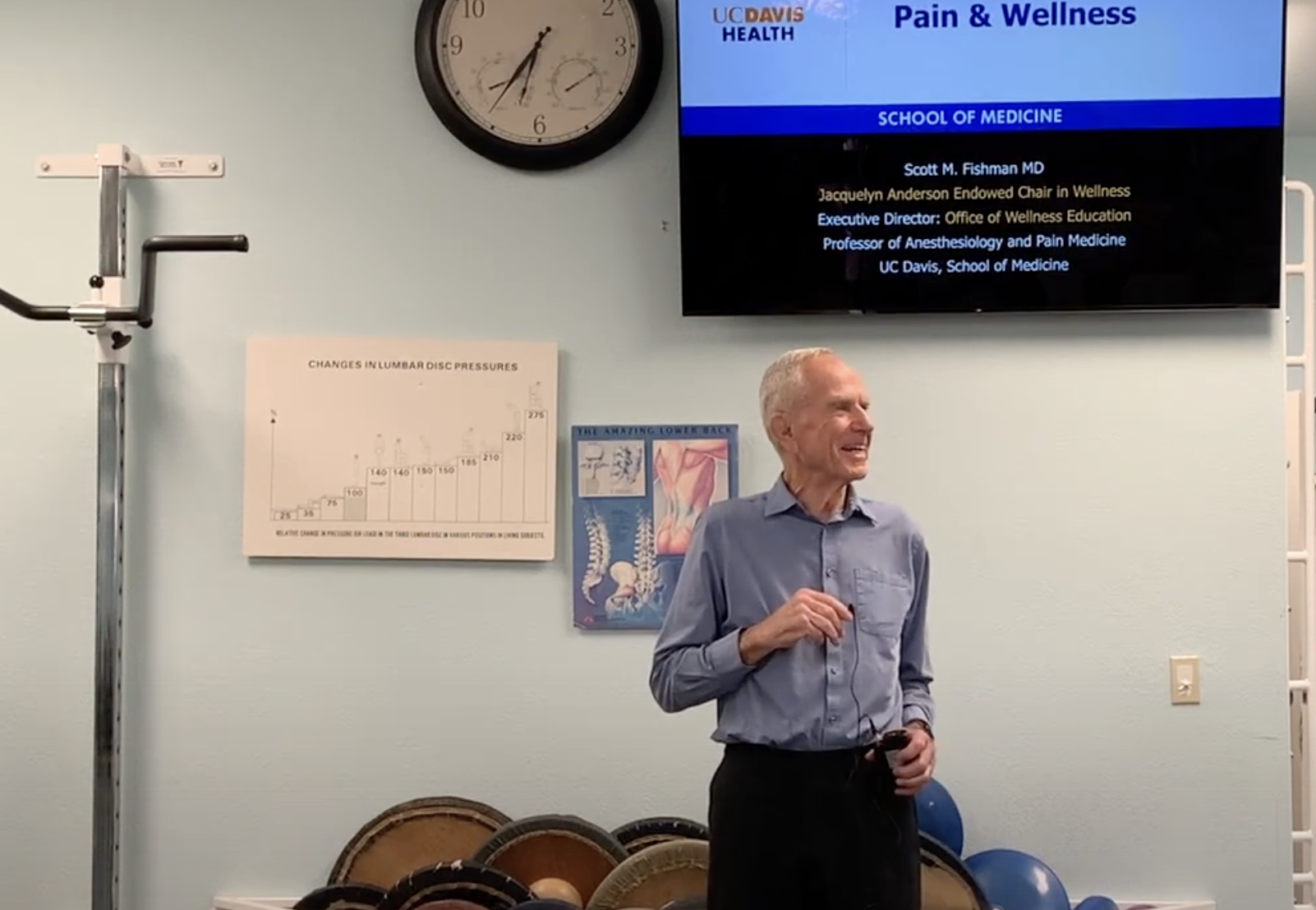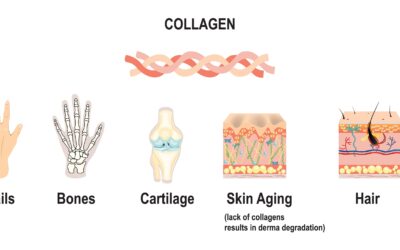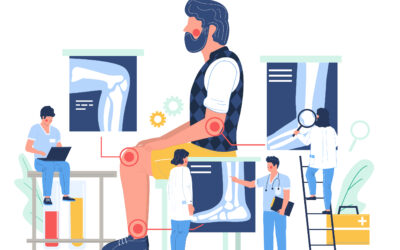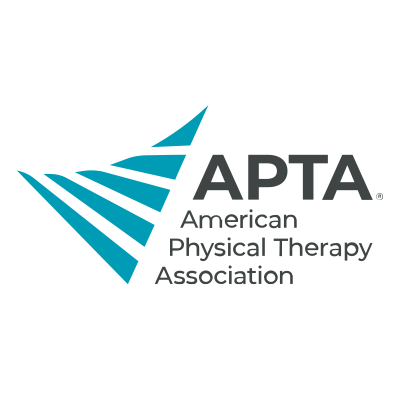By Michael Moore
I have been asked to write an article for our newsletter following Dr. Scott Fishman’s lecture. For those who were not in attendance, you should have received information about an opportunity to receive a recording of it in a prior email.
Wellness and the Road to a High-Quality Life
Dr. Fishman began his lecture with a view of US healthcare and troubled times. Not only is healthcare less than optimal due to insurance companies influencing medical decisions, the rising cost of our Medicare system is projected to exceed the money collected from our taxes by 2030.
Although this opening remark by Dr. Fishman is pessimistic, UC Davis Health is looking to improve the future of healthcare with their newest office. Dr. Fishman described the Office of Wellness in the School of Medicine at UC Davis as being a first of its kind in a medical school. The new office, led by Dr. Fishman, is looking to change how doctors, nurses, and other healthcare providers, such as physical therapists, provide healthcare in the future. Our country needs this shift in direction more than in other industrialized first world countries because our most common causes of death stem from lifestyle choices. Healthcare providers need to be at the forefront to get patients to change as well as healthcare policy makers.
Studies on Wellness and Longevity
Throughout his lecture, Dr. Fishman referenced many different studies on health and wellness. Tim McGonigle and I were discussing one of the studies that Dr. Fishman quoted which put quantitative data to something we have witnessed many times during our years of practice.1 This study concluded that it takes one to ten years for people to make lasting individualized health changes. This amount of time is due to the physiological changes as the mental challenges of forming new and consistently implemented habits. Tim and I began training people in safe exercise sessions in approximately 1986. Since then, we have witnessed lives reversed. We can attest that making lasting changes can take years, just as the study Dr. Fishman quoted suggests.
Dr. Fishman also noted that consistent health-conscious behaviors are seen frequently in the so-called “blue zones” of the world. National Geographic author Daniel Buettner engaged a team of scientists to summarize commonalities among the five places on the planet where people commonly live over 100 years. Buettner then dubbed these locations blue zones. Some of the commonalities in these locations were that the people were physically active, they ate mostly plants with very little animal products, they had regular social engagement of family and friends, and they had purpose in contributing to their communities. Dr. Fishman was generous enough to describe FPT as somewhat of a blue zone because of its commonalities with the recorded blue zones.
Lifestyle and Longevity
Since Dr. Fishman‘s talk, I have come across two additional studies I would like to report. One was presented at the American Society of Nutrition Conference by Xian-Mai Nguyen on US military veterans ages 40 to 99 years old and included male and female personnel. The study is also important because it encompassed a racially, socially and economically diverse group. The study followed 720,000 veterans over a 20 year period. It also included people with type II diabetes, history of stroke, cancer, and heart disease.2
The study came up with eight recommendations for people to follow. If started at the age of 50 following these recommendations would give them 24 additional years of life and if started at the age of 60 would give them 18 years of additional life. Of the eight recommendations the first five are positive changes. The positive changes are: exercise (intense exercise being more optimal than easy exercise), eat healthy, turn negative stress into positive stress, have good sleep hygiene, and foster positive social contacts. The next three recommendations are to change negative lifestyle choices by: avoiding any smoking, avoiding excessive alcohol (avoid drinking more than 3 drinks for men, more than 2 drinks for women) and avoiding opioid addiction.
Brain Health and Longevity
Lifestyle and choices can also have an impact on brain health. Kristine Yaffe, MD is the Director of UC San Francisco center for brain health. She is a world expert on brain decline and dementia. Her research has shown that getting quality sleep, physical training, and eating plant-based or Mediterranean improves brain health.3
Dr. Yaffe recently reported on her two-year study that divided a group of healthy senior patients who had two risk factors of either poor sleep, no exercise, or poor diet. Half the group worked with a lifestyle coach who provided on-going support over time promoting healthy sleep, healthy exercise, and a healthy plant based diet versus the control group having no intervention. At the end of the two years the lifestyle group had formed positive habits and performed 80% better on cognitive testing than those in the control group.
Lifestyle, Longevity, and FPT
When my colleagues and I promote healthy habits, we want you to know where we are gathering the information that we preach as such a strong sermon. And if I take the preaching metaphor further, we know our culture as a whole does not promote these healthy habits, especially when it comes to eating and drinking alcohol. For some, going to church provides comfort and support by gathering with fellow believers. At FPT, we gather to fulfill our safe exercise commitment and foster a positive social connection. During our training sessions, the instructors try to deliver additional healthy lifestyle information for those who may be interested. As has been previously stated, it is more than exercise alone that is needed for optimal quality longevity.










